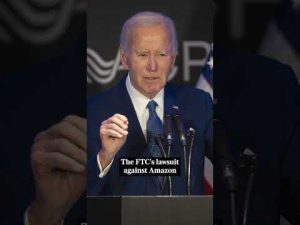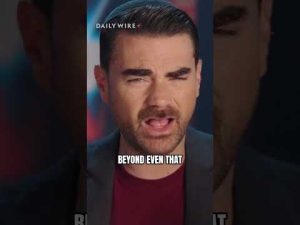Dave Rubin recently shared a short Direct Message clip that caught the truth-tellers’ corner of the internet on fire: Turning Point USA’s Brandon Tatum calmly and firmly gives a young student a reality check about what it actually means to be black in America today. The clip isn’t a leftist hit piece or an editor’s fantasy — it’s a raw exchange where facts and experience collide with campus rhetoric, and Rubin amplified it because mainstream outlets won’t.
What makes the moment powerful is that Brandon isn’t just another pundit shouting talking points; he’s a former police officer who speaks from years on the front lines about how victim narratives and identity politics hurt the very communities they claim to help. He lays out uncomfortable truths about responsibility, safe neighborhoods, and how blaming others is an easy but destructive habit, and that message landed in a way that the left’s echo chambers rarely tolerate.
This is exactly what the campus left fears: a black conservative who refuses to play the assigned role of perpetual victim and instead insists on personal accountability and law and order. We’ve seen how volatile these environments can be — Turning Point organizers and speakers like Tatum have faced coordinated disruptions and outright hostility on campuses, evidence that radical activists prefer intimidation to debate.
Brandon Tatum’s credentials matter because they ground his critique in lived experience. He’s a Turning Point USA contributor and the founder of the Tatum Report, someone who traded a comfortable narrative for the harder work of telling the truth as he sees it, even when audiences boo or outlets try to silence him. That’s the kind of courage conservatives should be amplifying rather than letting the cancel mob drown out.
It’s not theoretical either — Tatum has experienced being ostracized and even erased when conservative black voices don’t fit the script, with panels scrubbed and comments deleted when they challenge the orthodoxies of the moment. The left pretends to champion diversity, but when a black man stands for law, order, and personal responsibility, the response is too often to silence him rather than engage.
Hardworking Americans of every background deserve honest debates, not performative outrage. If we want to heal this country we must champion voices like Brandon’s who push back against victimhood, demand accountability, and refuse to be boxed in by identity politics; that’s how real progress starts, not by kneeling to the latest campus orthodoxy.







